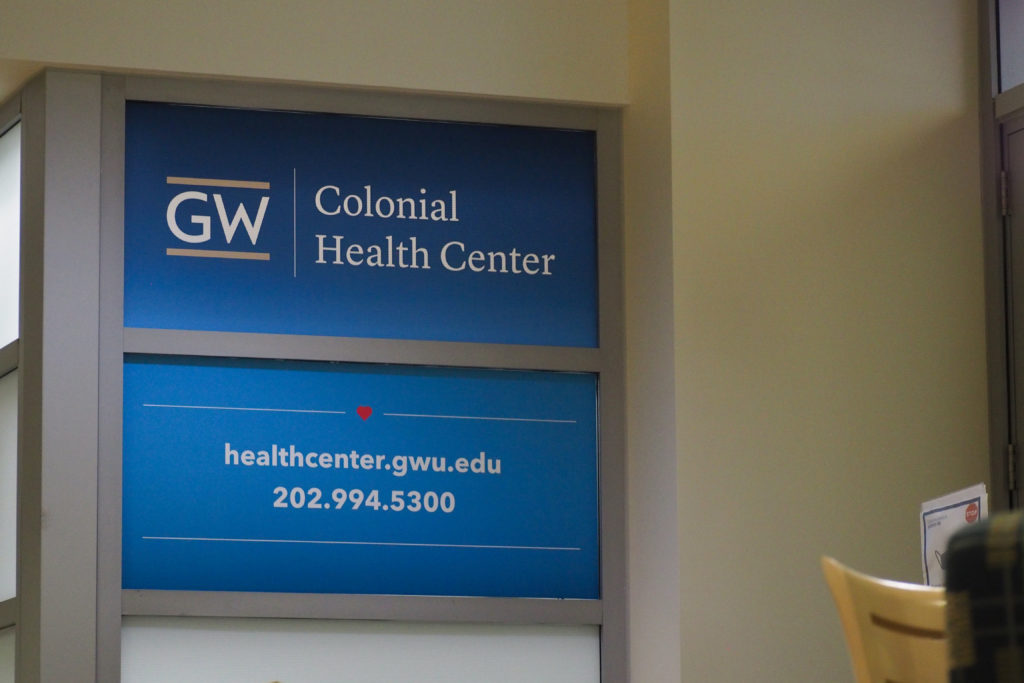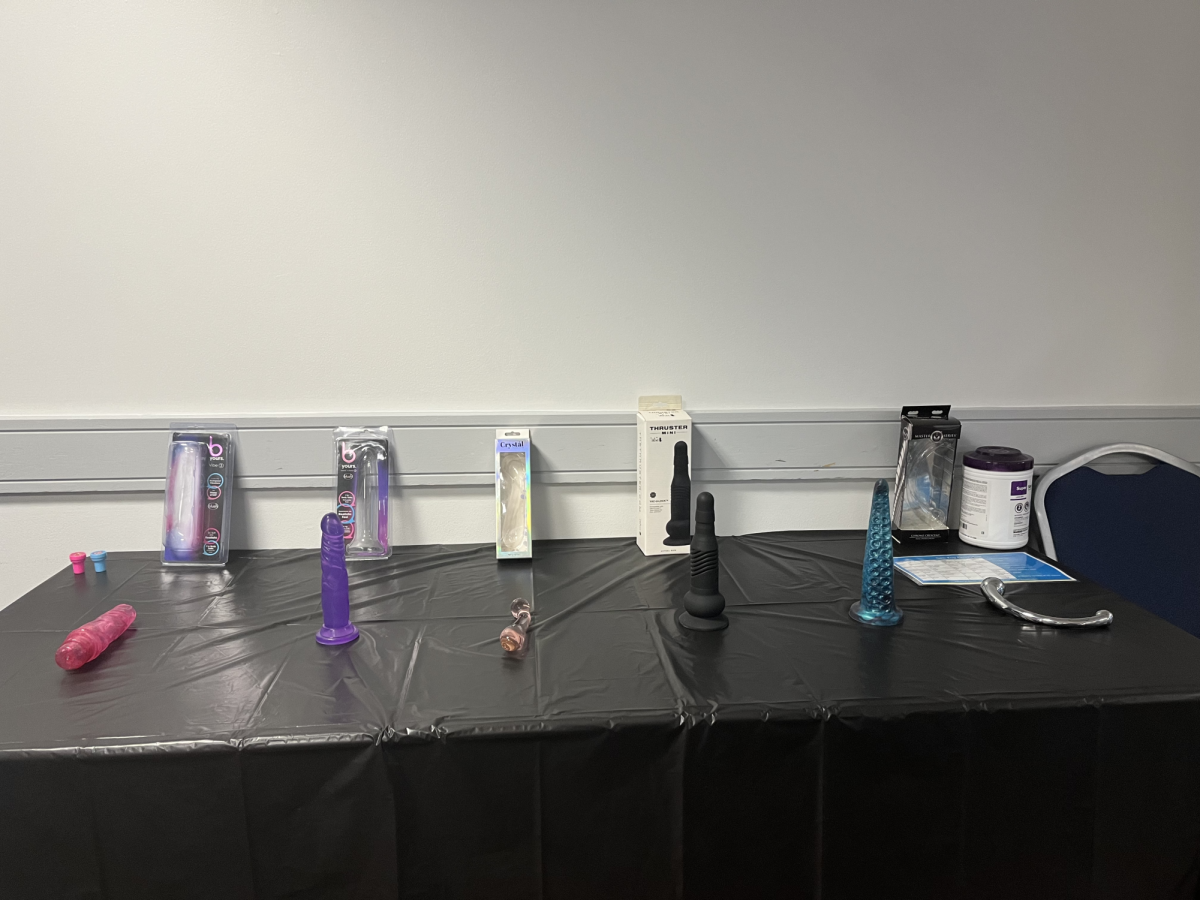The start of a new semester ushers in an onslaught of transitions, expectations and stressors that can take a toll on students’ mental health.
As class deadlines and internship demands start to ramp up, don’t let your mental health take a backseat this academic year. From visiting with a counselor to attending a support group via video chat to perusing written lists of advice tailored to your individual situations, we’ve compiled a list of resources to bookmark and refer to over the course of the semester.
Mental health resources at GW
Crisis hotlines
First and foremost, if you or anyone you know is experiencing a crisis, GW’s mental health hotline is accessible 24 hours a day, seven days a week at (202)-994-5300.
In the event of an emergency, the CHC offers a list of hotlines and links to resources for the following situations: suicide prevention, physical and sexual abuse, domestic violence shelters, rape and sexual assault, victims of crime assistance, LGBTQ+ community services, sexual health services and addictions and substance use. Each section includes multiple national and local phone numbers to call.
Students who feel concerned for a friend or peer can submit a Care report with the GW Student Life’s CARE Team to have a team partner check in with the student. These reports are submitted anonymously and can include a range of concerns from sudden drop in school performance to a drinking problem.
Individual counseling
A variety of counseling options like individual therapy and themed group counseling are available to students at the Colonial Health Center. Students can call (202)-994-5300 for an initial consultation via telehealth between noon to 4 p.m daily. You will be directed to fill out logistical forms and a questionnaire which gathers basic information about why you’re seeking counseling before the meeting, which will last about 30 minutes to an hour and will establish the most effective plan going forward.
Short-term, individual counseling is free and available to all students following the free consultation. If long-term counseling is necessary, you will be granted a referral to use MiResource, an off-campus platform that will help you locate a permanent option. To pay for this counseling, students with a Student Health Insurance Plan should find an in-network provider from the list. To use private insurance, a comprehensive guide is offered for students to locate a mental health provider.
Group seminars and workshops
Over the course of the upcoming semester, the CHC will hold a series of workshops tailored to specific mental health skill sets.
Workshops include the Well-Being Skill Series, which will cover topics like overcoming loneliness and practicing self care and How to Find a Therapist 101, which helps students navigate the process of obtaining and paying for outside mental health support.
Additional free workshops that require a referral include Building Relationship Intimacy and Dialogue Effectiveness, Managing Depression, Adjusting to the New Normal and Mindful Self-Compassion.
Some sessions require a referral, which students can obtain during an appointment with Counseling and and Psychological Services.
Self help
The CHC also provides advice geared toward specific situations you may be facing to help you cope with mental health struggles on your own. Website menus suggest questions you might be struggling with pertaining to the topic, action items to try and outside resources to look through. These situations include “Financial Considerations,” “Graduating Seniors,” “Queer/LGBTQ+ Students,” “Students with Disabilities” and other individual circumstances.
Additionally, this self help page provides information dedicated to recognizing and assisting peers facing mental health challenges. Students can use these resources to help a friend suffering with grief, a disorder or distress and feel unsure with how to help them.
Mental health resources in D.C.
The CHC offers an extensive list of off campus mental health support referrals for a variety of specialties which indicates which resources accept student health insurance and which are out of network.
For other D.C.-based mental health resources, visit the D.C. Support Link from the D.C. Department of Behavioral Health. On the Support Link’s home page, select “Mental Health” to be presented with 29 categories of services you can find in the D.C. area.
Online mental health resources
Talkspace
During the pandemic, online mental health resources seem to have become more popular. Talkspace allows you to connect virtually with a licensed therapist at a beginning subscription cost of $65 a week for messaging services. The website will provide a questionnaire about personal information and the feelings or situations that have led you to seek their help and you can then select a therapist from a provided list.
Clients can message their therapist through the Talkspace “room” and your therapist will respond by message daily, five times a week. Video sessions are also available in the Premium plan ($79 a week, which includes one 30-minute video session per month and the Ultimate plan ($99), which includes four video sessions per month. A list of insurance providers that cover Talkspace therapy can be found here.
BetterHelp
Similarly, BetterHelp offers virtual therapy with licensed therapists at any time you need them. Following a questionnaire, the website will match you with a compatible counselor. The cost of this therapy ranges from $60 to $90 a week and depends on factors like your therapist’s availability and your preferences.
Chat rooms are set up for use at any time during the day for messaging, but live chat, video or phone sessions require scheduling. BetterHelp offers advice on using health insurance here. BetterHelp employs a privacy policy and users can remain anonymous if they wish.




